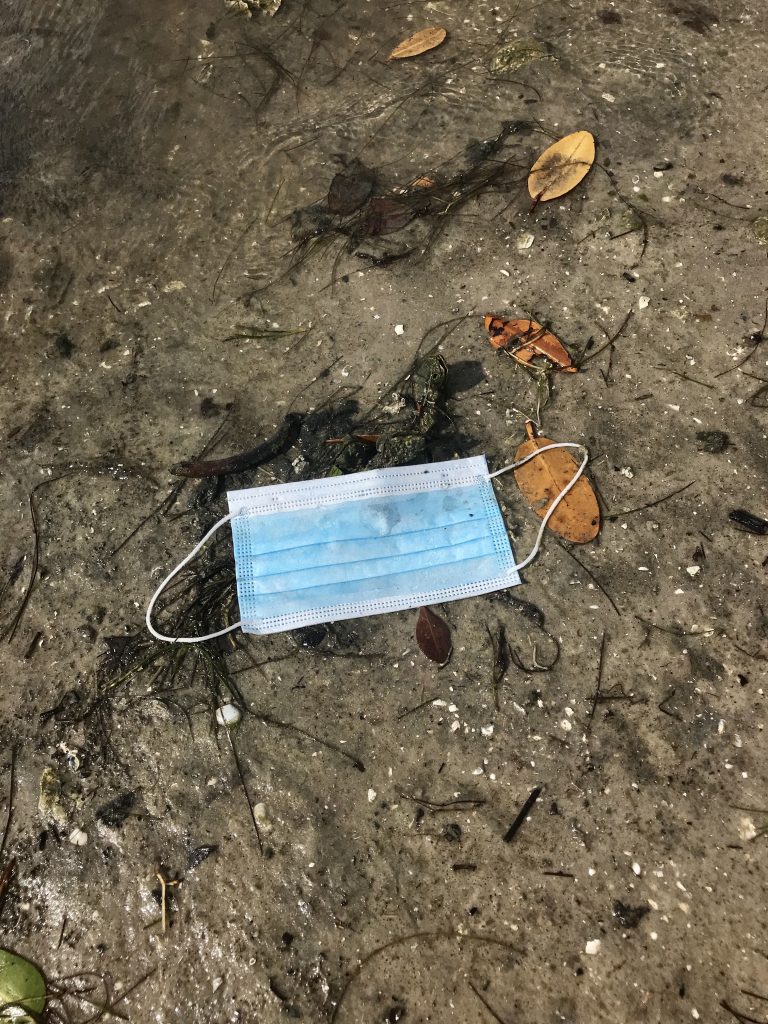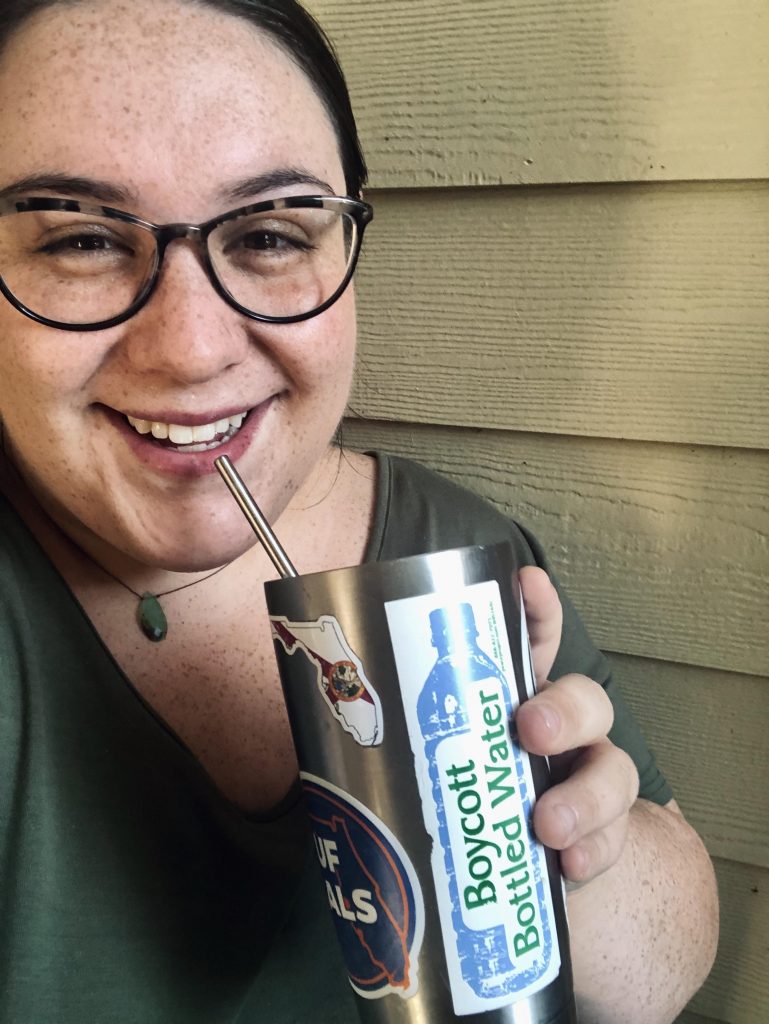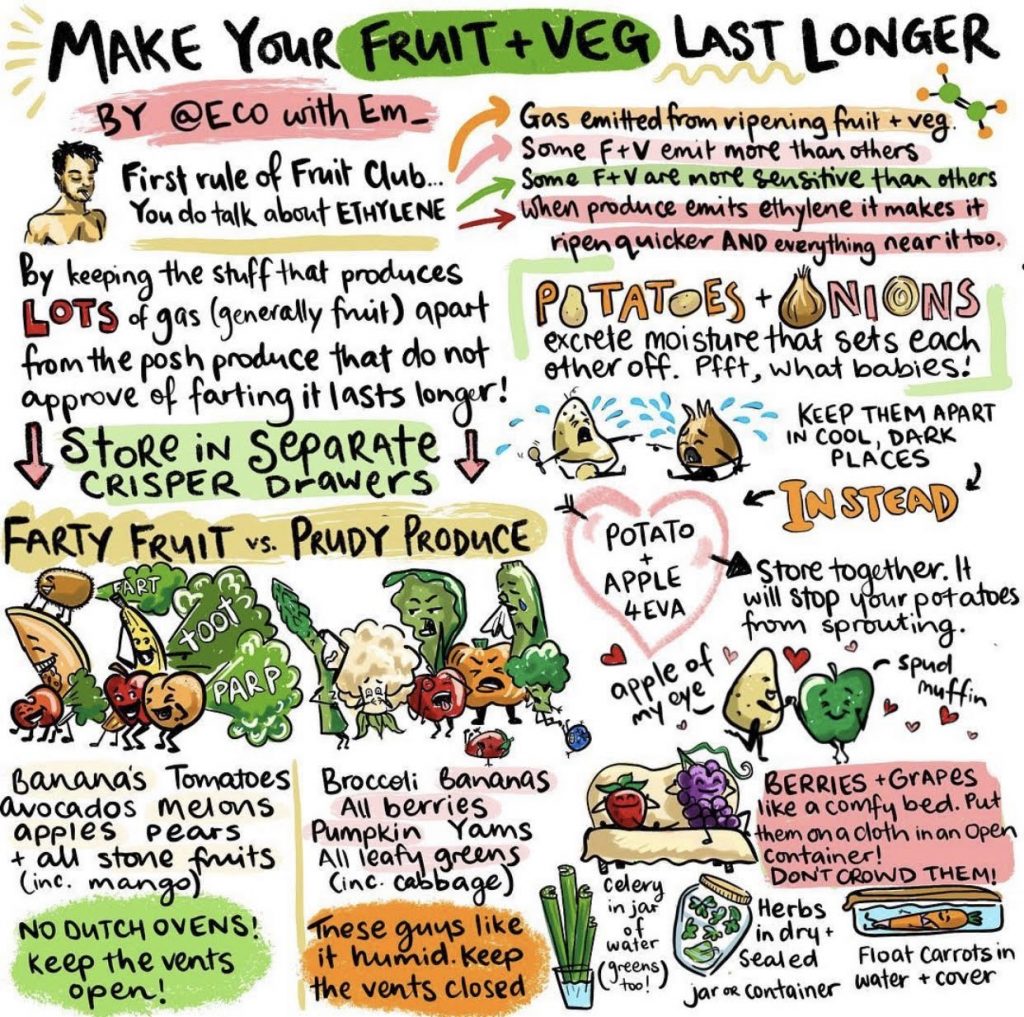
Starting in July 2011, millions of people around the world have taken part in a global movement to reduce the consumption of single-use plastic. Plastic Free July looks a lot different this year, as the world is still in the midst of the COVID-19 pandemic. Despite our current circumstances, while still prioritizing health and safety, we can still find ways to reduce our consumption of single-use plastic during this month, and beyond.
Cloth Masks
Despite Governor DeSantis’ refusal to issue a statewide order to require masks, the CDC recommends that people wear cloth face coverings in public settings to reduce the spread of COVID-19. A great way to reduce waste while still complying with health and safety recommendations is with a reusable cloth mask! Loads of tutorial videos have been shared online to make your own mask. You can support local Florida artisans who are selling masks and groups around the state have organized to distribute free masks.
Recommendations about cloth masks from the CDC: “Protection provided by cloth masks may be improved by selecting appropriate material, increasing the number of mask layers, and using those with a design that provides filtration and fit. Cloth masks should be washed daily and after high-exposure use by using soap and water or other appropriate methods.”

Keep using your reusables
A statement signed by 119 scientists from 18 different countries was published stating that using reusable products (bags, cups, etc.) does not increase the risk of transmission of COVID-19. The statement by the scientists affirms that reusable products are safe to use as long as people practice basic health and safety standards.
In the home
Over the past few months, like many others, I have used my extra time at home to cook a lot more food for myself. Cooking at home is an excellent opportunity to limit our single-use plastic waste. Below I have included an infographic from Instagram user @ecowithem_ who details ways to store food without plastic.
Reducing food waste
I have tried to limit the number of times I have to go to public spaces, like grocery stores. With this, I have been looking for ways to make my fruit and veggies last longer at home to reduce my food waste. Below is another infographic from Instagram user @ecowithem_ detailing ways to make your fresh foods last longer.
Cleaning supplies
During the current public health crisis, we have put lots of focus on cleaning/ sanitizing supplies. This can be a great moment to look at the containers that many of our personal care and cleaning products come in – many are single-use plastics that can’t be recycled. Many options exist out there for bulk buying options of cleaning supplies as well as companies that sell in bulk, package without plastic, or are working toward solutions.
Take-out
It is no surprise that take-out food purchases have skyrocketed during the pandemic (Uber Eats reported more than 50% growth in the first quarter of the year). Purchasing take-out food has been a great way to continue to support our favorite local restaurants. However, with take-out comes the dilemma of single-use plastic packaging. When I order from my favorite restaurants in town, I ask for no plastic cutlery or straws, and the most minimal amount of packaging possible. This is also a great opportunity to ask restaurants to consider switching their packaging from plastic to paper, wherever possible.
Outside the home
Grocery Shopping
Many grocery stores are still requesting that patrons leave their reusable bags at home, but we can still request that our groceries be packed in paper bags. Recently my local farmers market has reopened, which has given me the opportunity to buy produce without packaging once again.
Protect the environment with proper disposal
Many people have been using Personal Protective Equipment (PPE) as a result of COVID-19. Like all single-use plastic, it is incredibly important to dispose of PPE properly, so it does not end up in our environment. For information on proper disposal of PPE.

LINKS:
https://www.etsy.com/search?q=cloth+face+mask&locationQuery=4155751
https://www.facebook.com/groups/floridamaskmakers/

